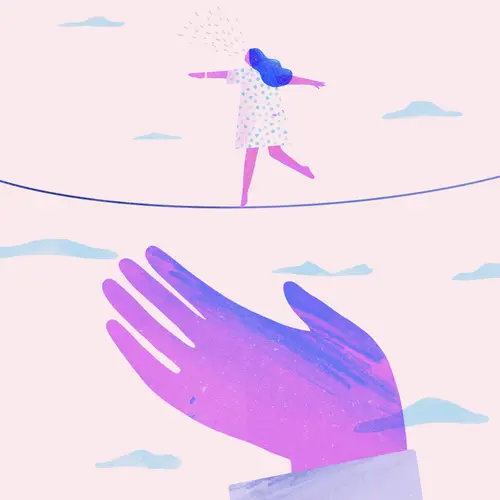- Overview
- Symptoms
- Causes & Risks
- Types
- Tests & Diagnosis
- Staging
- Treatment
- Living With
- Complications, Metastasis & Recurrence
- View Full Guide
Recommended

Related Links
- Ovarian Cancer Home
- Ovarian Cancer Blogs
- Find an Oncologist
- WebMDRx Savings Card
- Book: Take Control of Your Cancer Risk
- Breast Cancer
- Managing Cancer Pain
- Menopause
- Uterine (Endometrial) Cancer
- Ovarian Cancer Overview
- Ovarian Cancer Symptoms
- Ovarian Cancer Causes
- Ovarian Cancer Diagnosis
- Ovarian Cancer Treatment
- Complications
- Living with
- Types
- Metastasis
- Recurrence